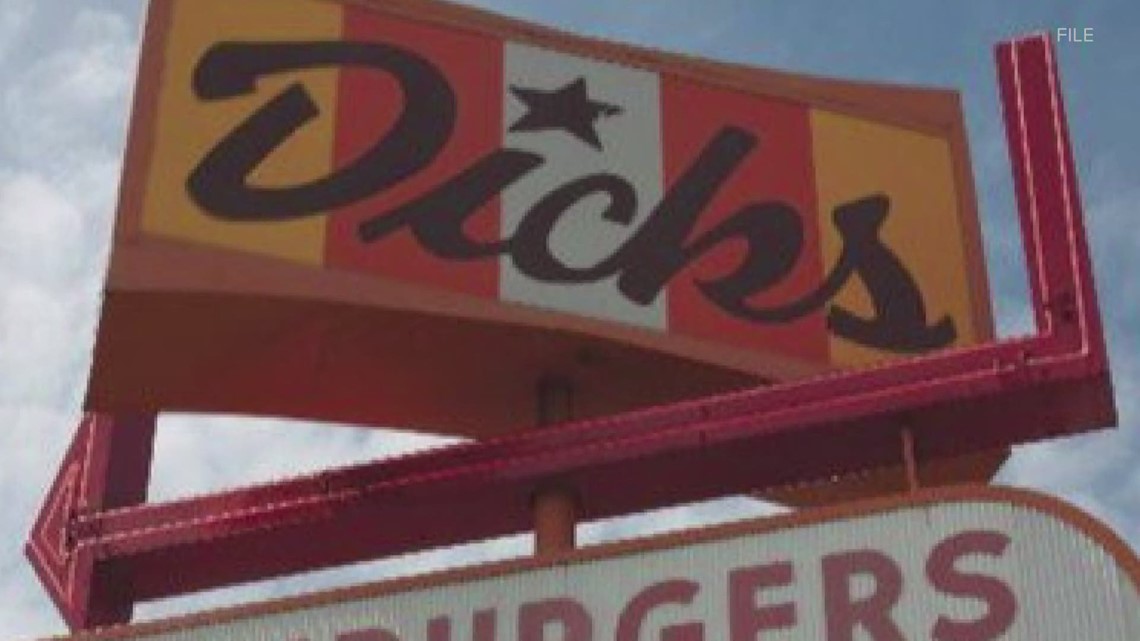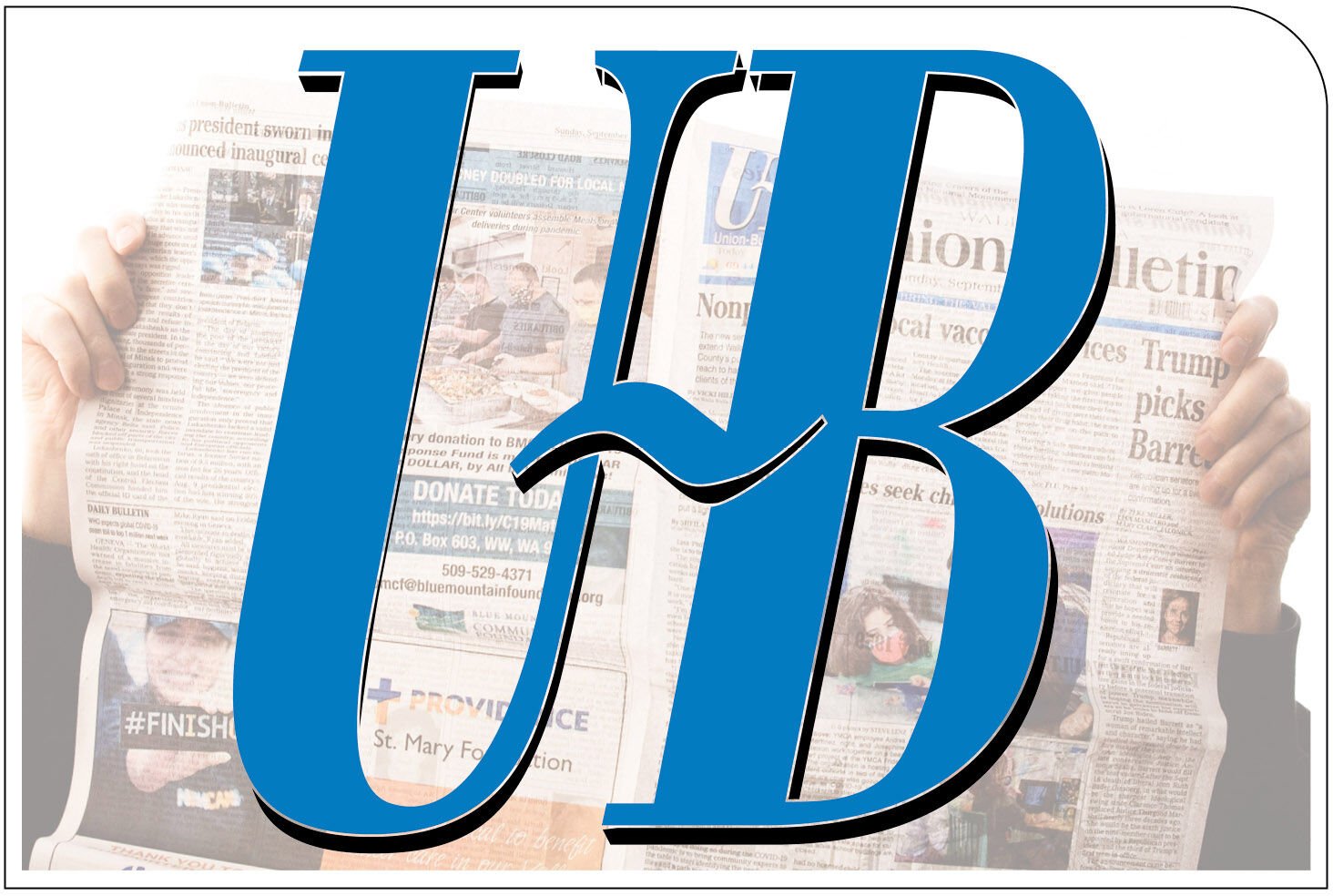In 2018 Joshua Epstein bought a house in Shoreline and began renovating the garage into a living space. However, he lacked the storage space and the funds to purchase the equipment necessary for such a project.
With a membership in the NE Seattle Tool Library (NESTL), Epstein discovered that he could borrow 9-foot scaffolding, rotary hammers, concrete saws, and other items he needed to get the job done.
Tool library volunteers and YouTube videos helped Epstein when he first upgraded the Shoreline home and then refurbished a rental property. Last year he started an Airbnb rental in Sequim; His next plan is to fix a 1979 aluminum Avion trailer.
Today, Epstein is one of the two tool library coordinators when he’s not in property management, repairs or looking after his 2-year-old son, Cedar.
Public tool libraries are a growing phenomenon with hundreds of establishments worldwide. There are around a dozen tool libraries in and around Seattle, some are more specialized (urban farming, commercial energy use) and others, like NESTL, focus on tools for the home and garden. Memberships typically cost around $ 50 per year.
In Seattle, tool libraries have been established in Phinney Ridge, West Seattle, Capitol Hill, and Southeast Seattle. Outside of town, members can visit libraries in places like Vashon Island, Tacoma, and Federal Way.
According to Epstein, these tool libraries offer many advantages for the do-it-yourselfer.
“You don’t have to buy tools that you use a few times a year, or work for tool maintenance, or find space to store tools,” he says. In addition, tool libraries help keep broken materials out of landfills. Volunteers maintain and repair equipment throughout the loan-return cycle.
Located in a humble building just off Lake City Way, NESTL maintains an inventory of more than 8,000 items. In addition to a large selection of common home project tools, there are more specialized parts such as an apple cider press, a dehydrator, a microscope and a s’mores maker, as well as catering accessories for up to 100 people.
They carry “essentially anything that helps with a task,” says Epstein.
Show subtitles
Tool libraries vary in size and scope. The Southeast Seattle Tool Library (SESTL) is small, with tools stored in a three-car garage at the base of an apartment building on Martin Luther King Jr. Way.
“It’s a challenge to curate the space so people aren’t disappointed when they want a tool we don’t have,” says Susan Keiff, the SESTL volunteer manager. “With our extensive tool inventory, most people will find what they’re looking for.”
A tool for every job
Volunteers tailor SESTL’s collection of 3,000 tools to meet users’ needs. For example, the library’s 13 electric lawnmowers are popular in summer. In winter, volunteers store the equipment in Keiff’s so-called “mowing towers” and bring out the tools that are in high demand for the cold months.
The southeast Seattle location opened in May 2015, Keiff says, thanks largely to the efforts of retired nonprofit executive Sally Bailey, who realized the south end of the city was a “tool wasteland” and set about changing that .
“Many residents have the skills and determination to run their own projects but cannot afford to rent or buy the tools to get them done,” says Keiff.
During the COVID-19 pandemic, new members flocked to SESTL as members worked on long-deferred house projects or planted gardens. Keiff says the library only closed for two weeks last year.
In general, members live within the geographic area of each tool library or in nearby neighborhoods. Membership usually requires that you are at least 18 years old, complete an application and indemnity, and present government-issued ID. While most groups charge a membership fee of around $ 50 per year, others offer voluntary or tiered memberships. Some instead charge a lower weekly fee (1- $ 10) per item borrowed.
Members can begin their tool hunt by checking their library’s online inventory to see if the item they need is in stock. A wide range of home improvement equipment is stored at most locations, including tools for carpentry, concrete and masonry, electrical repair, plumbing, drywall, and yard and garden tools.
Items are often donated to libraries by companies or individuals “especially when they downsize, move out of town, or find that a tool they don’t use very often could be shared with the community,” says Keiff.
Libraries also rely on volunteers to maintain equipment, evaluate donations, and staff the open loan and return hours. The model, says Epstein, is based on community trust.
“We trust people quite a bit, and every now and then something is stolen. But then we get [a few] Tools donated, ”he says.
Learn new skills
In tool libraries, volunteers and borrowers often exchange tips and know-how on particularly demanding projects. Some tools require a little extra training: NESTL requires borrowers to take a briefing on chainsaws, which can be dangerous, and pressure washers, which can be misused and broken, before borrowing.

Show subtitles
At SESTL, a professional carpenter works on a voluntary basis every second Saturday and offers individual lessons in the correct use of woodworking equipment. Another volunteer teaches borrowers how to sharpen tools and knives.
Virtual courses in gardening, food preservation, and sewing were offered by the South King Tool Library on Federal Way, which serves South King and North Pierce counties.
Do-it-yourselfers can also acquire new skills at a repair cafe, another rapidly growing resource offered by libraries and others. On October 9th, the South King Tool Library will host a repair cafe where the public can bring broken, malfunctioning electronics, appliances, furniture and other household items to volunteer “repairers” who will either repair the item on site or at the facility Troubleshooting help and suggest DIY repairs.
“Our repair events promote the idea of empowering people to repair personal items that they want to do themselves and make the changes they want,” said Amanda Miller, general manager of the library.
Washington State University’s Snohomish County Extension has several repair cafes year round. Visitors can learn to repair by shading the fixers, who often work on restorations.
The cafes are funded by a grant from Snohomish County Solid Waste and are open to everyone, says Heather Teegarden, the program’s coordinator. She says people have arrived wanting to fix their lamps, antique clocks, fans, lawn mowers, coffee makers, toasters, and more.
Even the “fabulous fixers” in the cafés don’t shy away from a challenge, says Teegarden. Unusual repairs included a 1946 egg incubator and radio that required extensive research and labor, including replacing the vacuum tube.
Due to concerns about the COVID-19 Delta variant, the public is temporarily asked to hand in their broken items on certain dates in the WSU’s repair cafés in the local parks. Volunteers will collect the items and then contact the owners to discuss the repairs needed. The group also has a virtual repair café that publishes DIY workshops on their YouTube channel.
Epstein says repair cafes and tool libraries make a difference by leveraging the ingenuity of the community.
“Tool libraries benefit the community, the environment and the savings,” he says. “Tool libraries are a secret that shouldn’t be a secret, and in my dream world they are as common as a book library.”







:quality(70)/cloudfront-us-east-1.images.arcpublishing.com/cmg/BPEI2QQ76SHPPOW6X6A6WHEGX4.jpg)
















:quality(70)/cloudfront-us-east-1.images.arcpublishing.com/cmg/GLQND2AXQQO2G4O6Q7SICYRJ4A.jpg)

/https://specials-images.forbesimg.com/imageserve/618720992e41c4973abab648/0x0.jpg)


